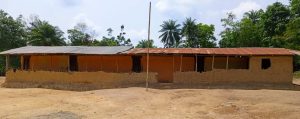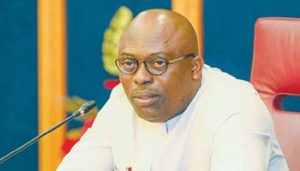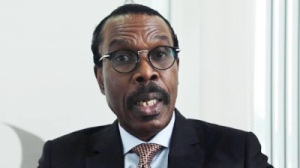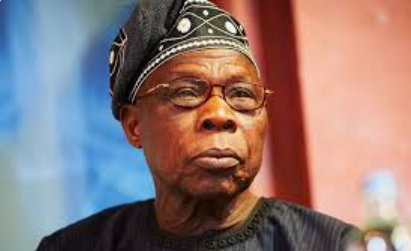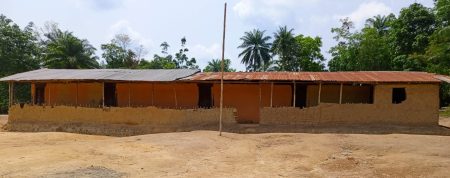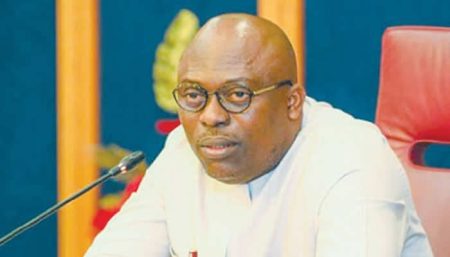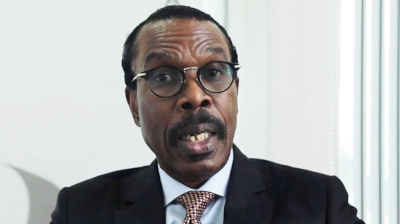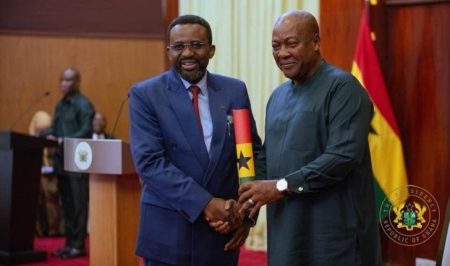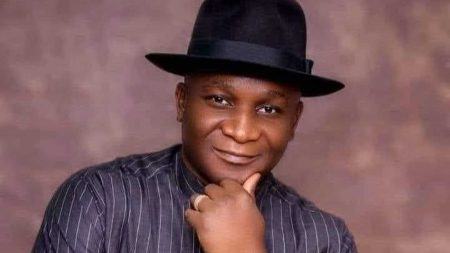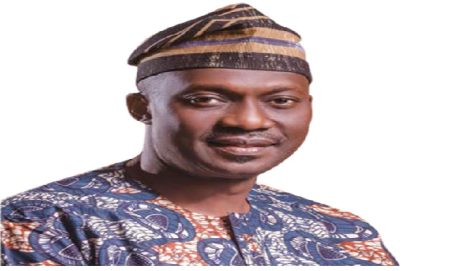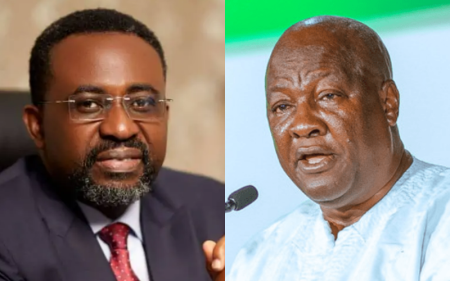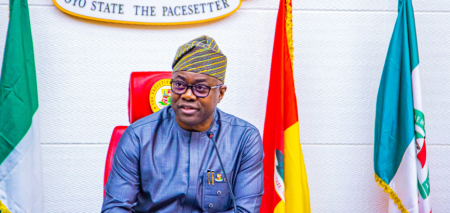The family of the late Nigerian lawyer and human rights activist, Dr. Tunji Braithwaite, has vehemently denounced former President Olusegun Obasanjo for remarks made about their patriarch during the launch of General Ibrahim Babangida’s autobiography. They characterized Obasanjo’s statements as a deliberate attempt to distort history and diminish Dr. Braithwaite’s unwavering commitment to democratic ideals and his staunch opposition to military rule in Nigeria. The family asserted that Obasanjo’s portrayal of Dr. Braithwaite as merely a “chronic critic” is a gross misrepresentation of his principled stance against authoritarianism, reducing a lifetime of activism to simplistic and dismissive terms.
At the heart of the dispute lies Obasanjo’s anecdote about Dr. Braithwaite’s alleged condemnation of his own book without even reading it. The Braithwaite family refuted this claim, arguing that it was a fabricated narrative designed to undermine their father’s credibility. Instead, they highlighted Dr. Braithwaite’s consistent and courageous opposition to military dictatorships, including Obasanjo’s own regime. They recounted instances where Dr. Braithwaite defended individuals persecuted by the military government, such as the renowned musician Fela Kuti, and his persistent efforts to establish a political party, the Nigeria Advance Party (NAP), despite being denied registration by Obasanjo’s administration.
The Braithwaite family emphasized Dr. Braithwaite’s unwavering commitment to democratic principles, which extended beyond Obasanjo’s regime to encompass resistance against subsequent military rulers like Babangida and Abacha. They pointed out the significant personal sacrifices their father made, including detention, the destruction of his businesses, and threats to his life, all in the pursuit of a democratic Nigeria. These sacrifices, they argued, demonstrate the depth of his convictions and the seriousness with which he took his role as a defender of human rights and democratic values. They contrasted this with what they perceived as Obasanjo’s attempt to trivialize their father’s contributions by reducing him to a mere disgruntled critic.
Furthermore, the family commended President Bola Tinubu for his critical remarks at the same book launch, where he challenged Babangida’s legacy on democratic advancement. They highlighted Tinubu’s acknowledgement of Dr. Braithwaite’s influence on his own political philosophy, further solidifying the late activist’s enduring impact on Nigerian politics. This served to underscore the respect and recognition Dr. Braithwaite garnered from key political figures, further contradicting Obasanjo’s dismissive portrayal.
Olumide Braithwaite, son of the late activist, directly addressed Obasanjo’s comments, stating that it was inappropriate for the former president to use his father’s name “as a punching bag,” especially after his death. He emphasized that such behavior would not have been tolerated during Dr. Braithwaite’s lifetime. He further emphasized that his father’s legacy remains potent and continues to inspire those fighting for justice and democracy in Nigeria. The family’s strong reaction demonstrates their determination to protect their father’s reputation and ensure that his contributions to Nigeria are accurately remembered.
The Braithwaite family’s response serves as a reminder of the importance of accurately portraying historical figures and acknowledging their contributions, particularly in the context of struggles for democracy and human rights. They presented a counter-narrative to Obasanjo’s portrayal, highlighting Dr. Braithwaite’s unwavering dedication to democratic principles and his significant role in challenging military rule in Nigeria. Their statement not only defended their father’s legacy but also underscored the ongoing struggle for democratic ideals and the importance of remembering those who fought for them. They made it clear that any attempts to diminish Dr. Braithwaite’s legacy will be met with resistance from his family and those who value his contribution to Nigeria’s political landscape.


